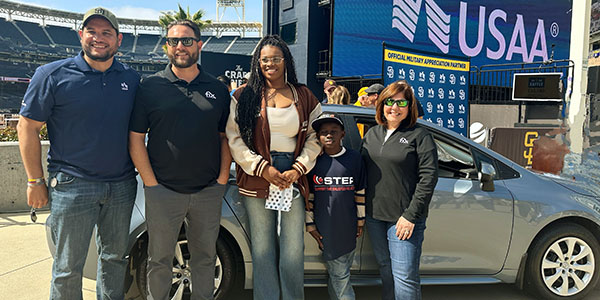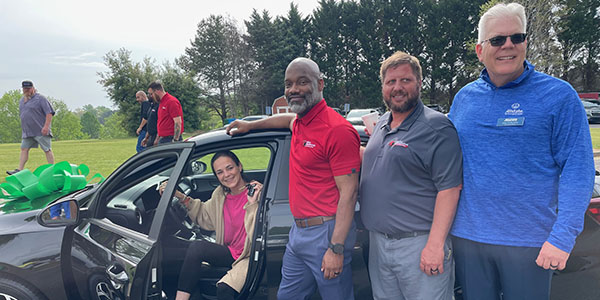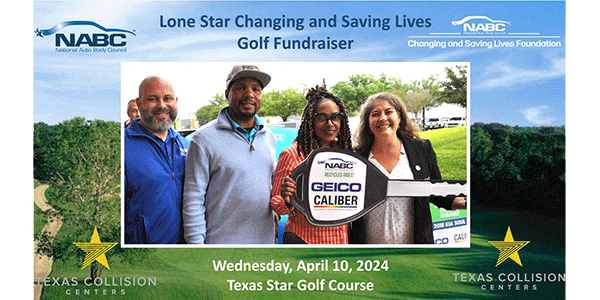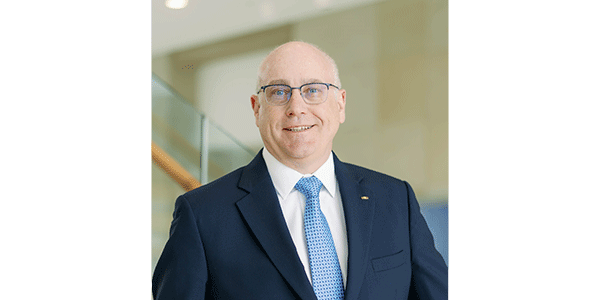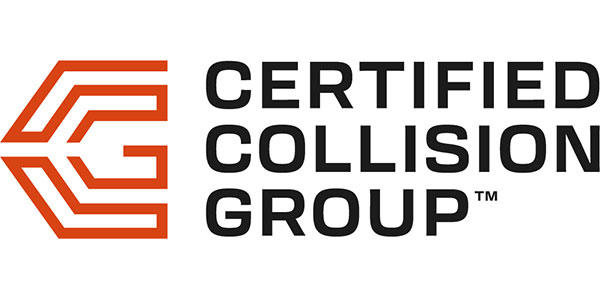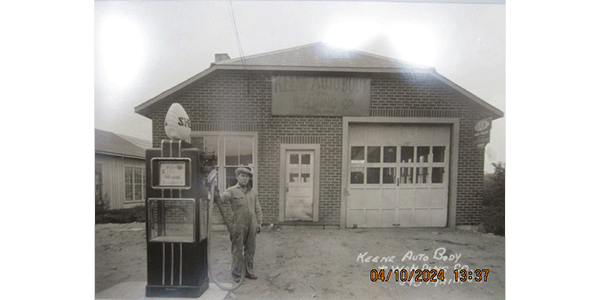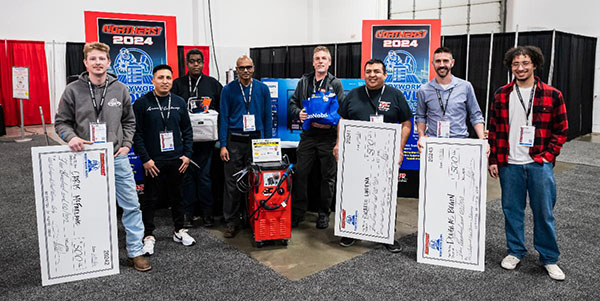 Over 200 attendees at the PPG MVP Business Solutions Fall Conference
Over 200 attendees at the PPG MVP Business Solutions Fall Conference
held Sept. 13-15 in Nashville knew they were in for a treat when Jim
“Murph” Murphy jumped onto the stage in a pilot’s suit. The U.S. Air
Force fighter pilot and CEO of Afterburner, a corporate training
company, wowed the crowd with a video showing him flying a fighter jet
in a simulated dogfight. In the video, Murphy was craning his neck the
whole time to keep sight of the enemy. His point? “If you lose sight,
you lose the fight.”
But it wasn’t all entertainment. Murphy demonstrated to the crowd how
the “zero tolerance for error” philosophy of military aviation could be
applied to the business world. Some of the more interesting insights he
had were:
• “Embed-empower-equip” is the key to flawless execution. More specifically, plan-brief-execute-debrief.
• Individual execution is one thing, but organizational execution is everything.
• The starting point of any business objective is a clear, compelling
and high-resolution picture of what you want to accomplish.
• Task saturation (too much to do, too few resources) is a silent killer that everyone is proud of but is a very bad thing.
• It’s not who’s right, it’s what’s right.
• You need to cross-check things every day to keep your wings level.
Also, every business should follow these steps:
• Determine mission objective.
• Identify the threat.
• Identify your available resources.
• Evaluate lessons learned.
• Develop course of action/tactics.
• Plan for contingencies.
A Little TWI
The conference theme of “accelerating performance” was kicked off by
Patrick Graupp, whose presentation was titled, “To Japan and Back:
Insights on my Lean Journey.” Graupp, a senior master trainer of the
TWI (Training within Industry) Institute, emphasized some points about
being lean:
• Zero defects = another word for lean.
• Develop a standard method, then train people who will train other people who will train groups of people to use the method.
• The principles don’t change – you change. The purpose is not to
improve the methods themselves because those methods are time-tested.
• Lean thinking starts with respect for people.
• People must be treated as individuals.
• Performing acts of love creates feelings of love.
• We must balance the human need for expression (continuous
improvement) with the business need of consistent quality (standard
work).
Graupp said most companies are afraid of treating people as individuals
and showing them “love” because “we’re afraid they’ll demand what we
can’t give, the closeness will prevent us from using authority,
fairness means giving everyone equal treatment, and admitting fault
leads to lawsuits.” But he said in reality this strategy won’t cost a
lot other than perhaps a little pride, and fulfilling employees’ needs
is not always difficult…although finding out what those needs are can
be difficult.
“Companies are not in the business of caring for people’s personal
needs, but doing right by your people will lead to good results,”
Graupp said.
Caring for Customers
Scott Shriber, publisher of BodyShop Business, emphasized to the
audience during his presentation that taking care of customers is one
of the most important things they could do to improve their business.
But first, he shared some statistics compiled from a recent survey
conducted by BodyShop Business:
• 59 percent of respondents said they’re on at least one DRP, 41 percent said they’re on none.
• Over the first six months of ’09, 63 percent of respondents said
sales were down, 16 percent said sales were up, and 21 percent said
sales were unchanged.
• 26 percent of respondents said they considered selling their business
last year, 12 percent considered closing their business, and 66 percent
said they considered neither of these options.
• According to BSB circulation numbers, there were two times as many
shop closings in 2008 as there was in 2007. So far in 2009, there have
been two times as many closings in 2008.
Noting that the collision repair industry is experiencing heavy
consolidation, Shriber told the audience that there were three things
they could concentrate on to make sure they’re on the winning side:
buildings, land and brand. He stressed that a shop owner’s building is
a tremendous asset that makes a first impression on customers, and that
the shop itself is a brand. Also, equipment is a huge asset that should
be sold to the customer. But he cautioned not to overlook customers as
an asset as well.
“The customer asset has similar qualities to inventory,” Shriber said.
“The customer is an intangible asset long overlooked in valuing the
worth of a business.”
Shriber said the primary function of any business should not be profit
but rather the acquisition and maintenance of customers. To maintain
customers, he said shops should:
• Provide value.
• Meet expectations.
• Continuously improve the customer experience.
• Communicate.
• Correct failures.
Shriber indicated that 96.7 percent of unhappy customers never say
anything to the business but tell on average 15 other people about
their bad experience. Satisfied customers only convey their experience
to an average of six people. Other statistics he cited were:
• 72 percent of shops follow up with customers, 28 percent don’t.
• 70 percent of shops conduct the follow-up in-house; 30 percent hire a third party to do it.
• 62 percent of shops said follow-up is conducted on all jobs, 38 percent said it’s not conducted on all jobs.
Shriber also referenced the “Executive Delusion,” which indicates that
96 percent of executives say they’re focused on the customer and 80
percent believe they gave superior performance, yet only 6 percent of
customers say they were satisfied.
“The positive response to this conference was just overwhelming,” said
Jim Berkey, director, PPG Business Solutions. “We were very pleased
that collision center owners and managers so enthusiastically embraced
this important learning opportunity.”
For more information, visit www.mvpconference.com.


